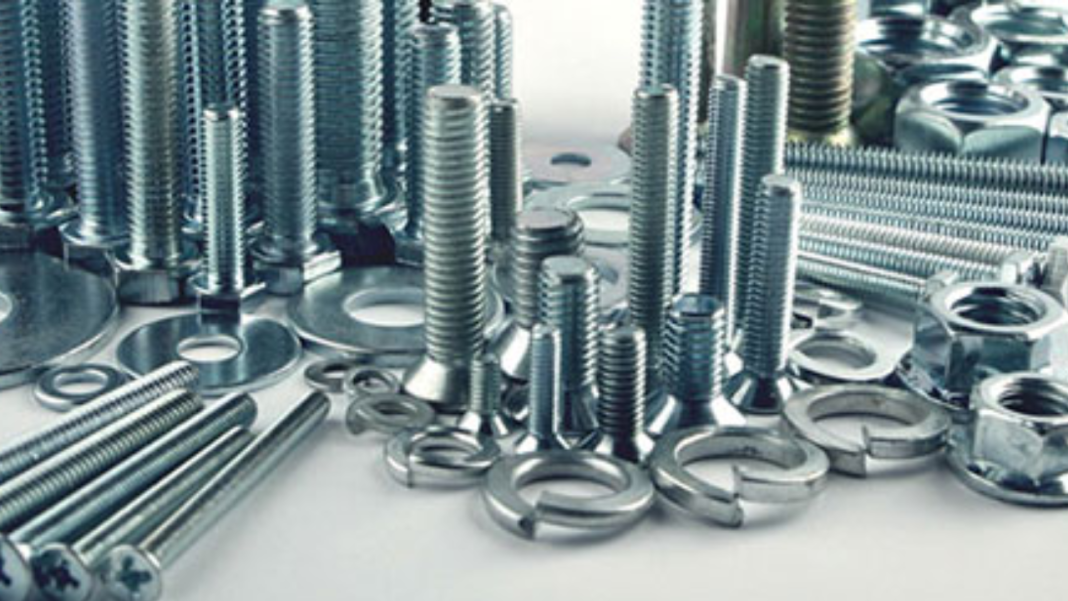Black stainless screws have picked up popularity for their amazing combination of strength, erosion resistance, and aesthetic request. These traits make them reasonable for a wide run of applications, including construction, automotive, and household projects. The choice of thread type is a basic factor that impacts the performance and suitability of these screws for diverse tasks. Thread types play a noteworthy part in deciding how well a screw will hold in a specific material and under particular conditions.
For occasion, Bbound-togetherNational Strings (UN) are commonly utilized in construction and automotive applications where fast gathering is pivotal, whereas Metric strings are favored universally for their standardized measurements, making them perfect for automotive and machinery uses. Wood strings, with their profound, coarse designs, are perfect for holding wood strands, making them a staple in carpentry and furniture making. Sheet metal strings, designed to cut into thin metal sheets, are basic in HVAC systems and metal material.
Introduction to Screw Threads
Screw threads are helical structures utilized to change over rotational movement into linear movement, and they come in different types and sizes. The thread plan on a screw impacts its quality, holding control, and the types of materials it can viably affix. Understanding the common thread sorts for Black Stainless Screws is basic for selecting the proper screw for your project.
Bound together National Thread (UN)
The Unified National thread is standardized within the joined-together States, with variations counting UNC (coarse) and UNF (fine). UNC threads have fewer threads per inch (TPI), coming about in a coarser thread, whereas UNF strings have more TPI, making them better. UNC strings are by and large utilized in applications where speedy assembly is required, such as construction and automotive businesses. UNF threads are favored in exactness building and applications requiring a tight fit, such as in apparatus and hardware. Standardization guarantees compatibility and is readable.
Metric Thread
Metric threads are standardized globally, making them broadly utilized around the world. The pitch of metric threads is measured in millimeters, showing the removal between adjoining strings. Metric threads are perfect for applications requiring worldwide compatibility and are commonly utilized in automotive, apparatus, and family machines.
Wood Thread
Wood threads are planned with a profound, coarse thread design to grasp wood strands successfully. They have a sharp point to encourage simple entrance into wood. Wood threads are utilized essentially in carpentry and carpentry. They are appropriate for securing furniture, wooden structures, and cabinetry. Wood threads give great holding control in wood due to their profound, coarse strings.
Sheet Metal Thread
Sheet metal threads are sharp and fine, outlined to cut into thin metal sheets. These screws frequently have a self-tapping highlight, permitting them to make their claim strings as they are driven into the material. These screws are utilized in HVAC systems, car body boards, and metal material. They are reasonable for affixing lean metal sheets without the need for pre-drilling.
Machine Thread
Machine threads are consistently dispersed and have a reliable breadth all through the length of the screw. They are frequently combined with nuts or tapped gaps to form a solid, secure securing. Machine threads are commonly utilized in apparatus, hardware, and car gatherings. They are perfect for applications requiring dismantling and reassembly.
Self-Tapping Thread
Self-tapping threads are planned to cut them and assess strings as they are driven into the material. They can have diffusions depending on the material they are planning for (e.g., metal, plastic). Self-tapping threads are utilized in applications where making a pre-threaded gap isn’t attainable. They are commonly found in development, car, and family repairs.
Lag Thread
Lag threads are huge, heavy-duty screws with coarse strings outlined for high-load applications. They ordinarily have a hexagonal head for torque fixing. Lag threads are utilized in development and outdoor ventures, such as securing overwhelming timber or joining basic components. They are perfect for applications requiring solid holding control and resistance to shear strengths.
Conclusion
Understanding the common thread types for black stainless screws is basic for selecting the correct screw for your particular application. Each string sort offers special characteristics and benefits, making them reasonable for diverse materials, load-bearing prerequisites, and installation forms.











